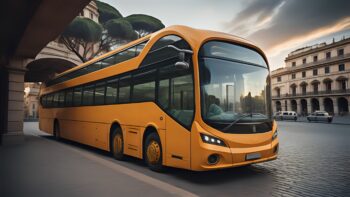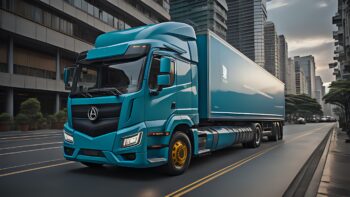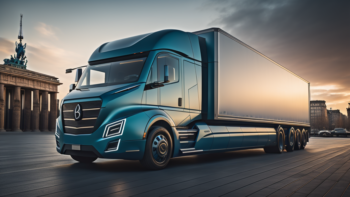
Electric Bicycle Manufacturers
Listing Category by product
Electric Bicycle Manufacturers: Key players in the growing eco-friendly transportation market
In the rapidly evolving eco-friendly transportation industry, electric bicycle (e-bike) manufacturers are at the forefront, driving the growth of this burgeoning market. Their roles span the entire production process—from conceptualizing and designing to sourcing components, assembling, and marketing e-bikes. By forming strategic partnerships with specialized suppliers, these manufacturers acquire essential components such as frames, motors, batteries, and electronic systems. This allows them to focus on innovation, aesthetics, and user experience while ensuring cost-efficiency and maintaining high-quality standards. Furthermore, an increasing number of manufacturers are prioritizing sustainability, not only in their product development but also in their operations, reflecting the growing environmental focus that fuels the expansion of the electric bike industry.
Surge in Global Electric Bicycle Sales
The global demand for electric bicycles (e-bikes) has seen an impressive increase in recent years. Thanks to their eco-friendly attributes, health benefits, and convenience, e-bikes are becoming an increasingly popular choice worldwide. Key trends influencing this surge include:
1. Rapid Market Growth
The electric bicycle market is growing rapidly across the globe, fueled by rising urbanization, concerns about air pollution, and a heightened focus on sustainable transportation options. E-bikes offer a practical solution for reducing carbon emissions while providing a flexible, cost-effective mode of transport.
2. Regional Sales Growth
While China remains the largest market for e-bikes, Europe is also seeing significant growth. In addition, markets in North America and the Asia-Pacific region are expanding quickly as consumers embrace e-bikes as a viable and efficient transportation option.
3. Government Support
Government incentives and policies promoting eco-friendly transportation have contributed to the growing adoption of electric bicycles. Subsidies, tax credits, and investments in infrastructure have all helped to make e-bikes more accessible and attractive to a wide range of consumers.
4. Technological Advancements
Technological innovations in battery life, motor efficiency, and overall design have made e-bikes more appealing to consumers. Advances such as longer-lasting batteries, lighter frames, and enhanced performance are making electric bicycles a practical alternative to traditional transportation methods.
5. Changing Consumer Preferences
Consumers are increasingly seeking healthier lifestyles, sustainable transportation solutions, and cost-effective alternatives to cars. This shift in consumer behavior is driving the rising demand for electric bicycles, which offer a sustainable, convenient, and eco-friendly mode of transport.
6. COVID-19 Impact
The COVID-19 pandemic further accelerated the adoption of electric bikes, as more people looked for safe, socially-distanced modes of transport. In densely populated urban areas, e-bikes provide a convenient and efficient way to navigate congested streets while avoiding public transportation.
Overall, the global sales of electric bicycles continue to rise, driven by a combination of environmental concerns, technological advancements, government support, and changing consumer preferences. As sustainability becomes increasingly important, e-bikes are likely to remain a significant segment of the urban transportation market in the years to come.
Electric Bicycle Market Outlook
Regulatory Challenges
The electric bicycle market faces challenges in navigating a complex regulatory landscape. E-bike classifications, speed limits, and where they can be ridden vary by region. Manufacturers need to stay informed about these regulations to ensure compliance and maintain access to global markets.
Infrastructure Development
The expansion of dedicated bike lanes and supporting infrastructure is vital for the continued growth of the e-bike market. Governments and city planners are investing in cycling infrastructure to cater to the rising number of e-bike users and promote cycling as a sustainable and efficient transportation mode.















